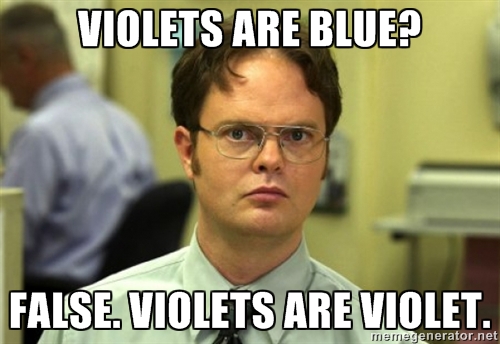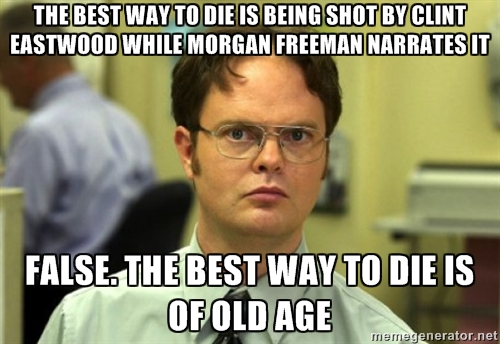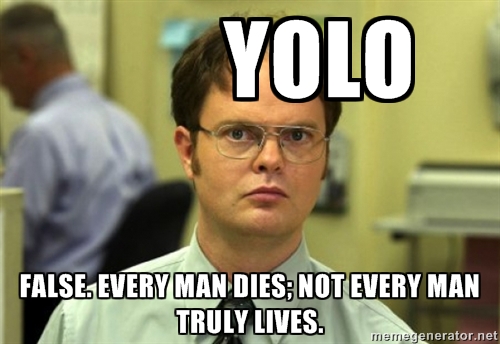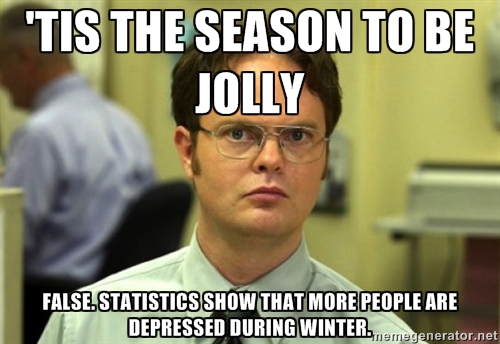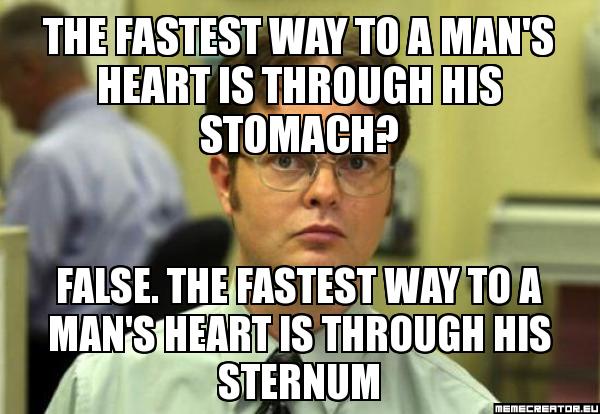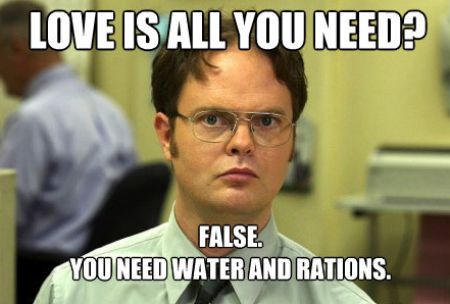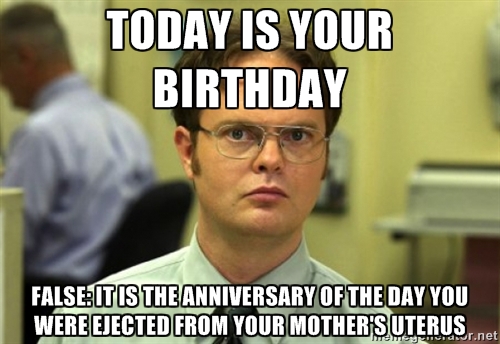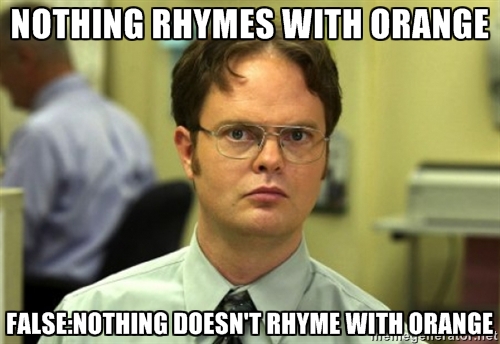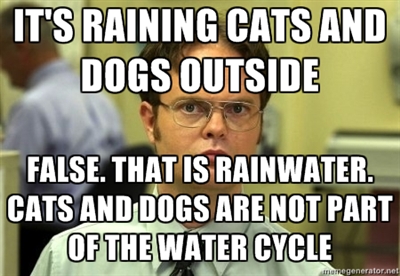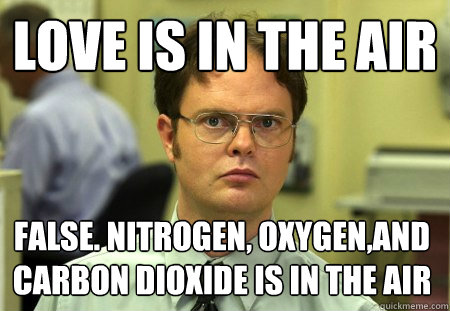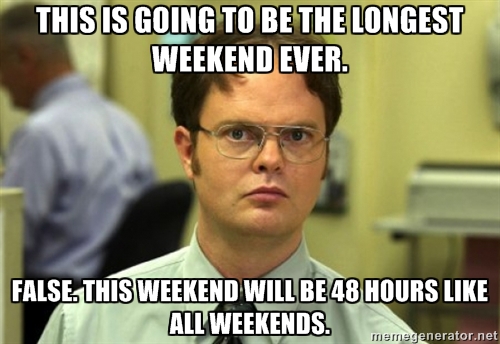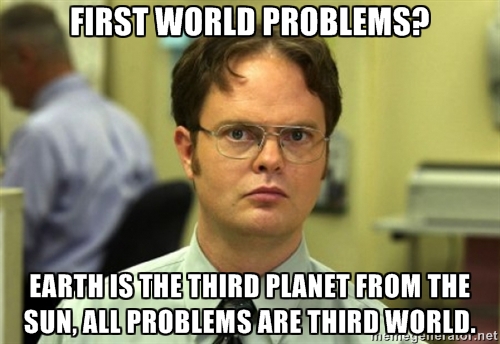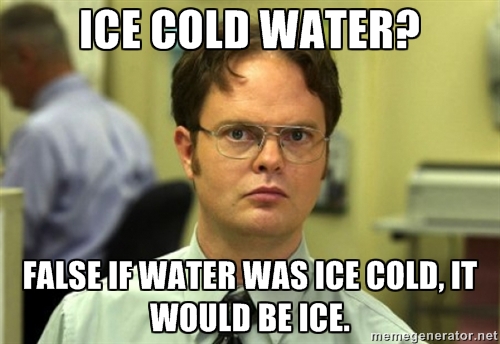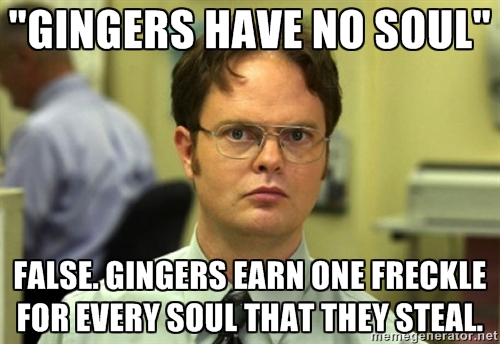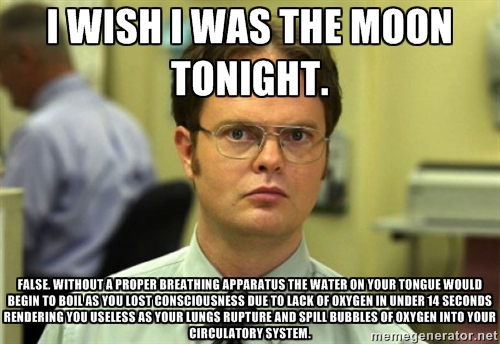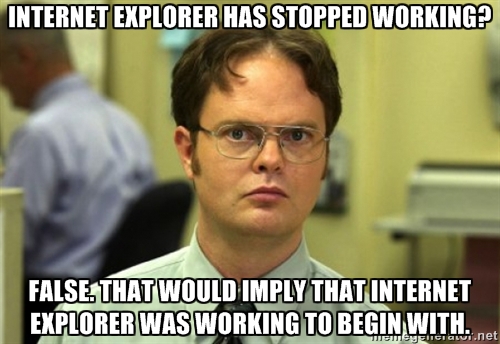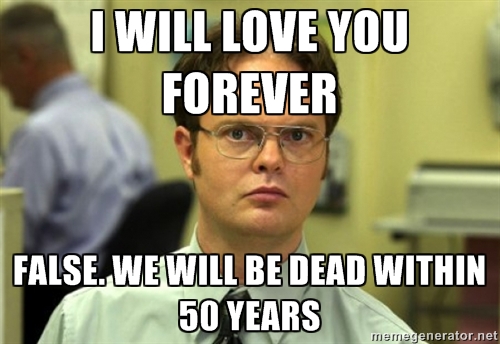What's a Good Research Question?
|
Before you can research a "problem", you need, well... a "problem". This "problem" is, essentially, the "topic" of your C.A.R. project. These problems can run the gauntlet of teen suicide to teen drug use (or, perhaps, the correlation between the two) to school start/end times to same-gender classrooms... to whatever else you wish to unleash your researcher skills upon! You don't have to tackle questions about fixing the economy (although an investigation into school spending always raises an eyebrow or two!). You can look into vending machine selections in the school cafeteria... and the health concerns/benefits it provides. Why not delve into the role played by homework? You can address bullying... or self-esteem... or athletics... or gun control... The possibilities are endless!
Seriously! Now, once you've identified your problem, you need to come up with a research question. The trick here is to make sure your research question is NOT a Yes/No kind of question. Don't ask "Is teen suicide bad?" Ummmm... I think we can all answer that with a resounding "YES!" (and should probably pepper in a "You moron!" next to our answer.) Let's take a trip to negative town and review some BAD research topics while our good friend Dwight answers several of life's big questions along the way... |
BAD questions:
Avoid questions with known answers where the goal
is to "prove" it to others.
Suppose a history teacher has been holding review sessions after school and knows it increases test scores. This teacher has proof that scores get better (i.e., her grade book). A weak question for action research would be: "Will holding after-school review sessions increase student grades in history?" The answer is known. As such, there is no point to your research. But, if you asked: "How might after-school review sessions increase student grades in other subject areas?", you could use the history sessions to pattern review sessions in other subjects to see if they had the same result. As previously mentioned, avoid questions that can be answered "YES" or "NO". Generally, these questions will not encourage paying attention to the many nuances of the setting and the social interactions. Although, like any guide, while some Yes/No questions can provide direction, it is often helpful to think about ways to transform the question into a different format. For example: "Will increasing the time between classes from four minutes to six minutes reduce the number of tardies?" The question might be reworked to read: "How will allowing more time between classes result in better student performance during classes?" The researcher can answer the first question with "Yes" (an outcome anyone would have expected). The second question, however, guides the researcher to look at reduced tardies, reduced requests to go to the bathroom or locker, better "moods", fewer detentions, fewer confrontations, etc. and see if there are connections to increased performance. Avoid questions that can be answered simply by reading the literature, such as: "What does differentiation mean?" This might be a question that the researcher needs to answer, and s/he can do so by reading more readily than by engaging in action research. A better formulation for action research might be: "How does the use of differentiation in math class increase student retention of the material?" |
GOOD questions:And now let's cross the tracks to the happy side of town. Here's an example of a well-written research question:
The action researcher (that's YOU!) identifies the problem as low school spirit among the students and staff of Westerville North. The researcher might hypothesize that increasing the frequency of "Spirit Weeks" or overhauling "Pep Assemblies" is the solution to this problem. As such, the overall research question might be: "How can the development of broader school spirit increase attendance at all Warrior sporting events and extra-curricular activities?" The next step is to define what kind of tool will be used to generate support for additional Spirit Weeks and Pep Assemblies and how the researcher plans to measure its effectiveness on school spirit. Remember... a C.A.R. project is cyclical and thrives on its multiple-cycled questions to generate the research. First cycle questions that might evolve should be specific with respect to the actions taken and the outcomes that will be monitored. This might include: "If I get permission to conduct three extra Spirit Weeks, to what extent will students and staff take advantage of them?" and "How will I keep track of participation in Sprit Weeks?" and "How will I keep track of attendance at sporting events and extra-curricular activities?" A second cycle question that might follow when it is clear that the addition of extra Spirit Weeks failed to increase attendance could be: "Where does the school go from here?" Here's another solid research idea: After reading an article about the city of Takoma Park in Maryland that lets 16-year-olds vote on local issues, the action researcher is interested in expanding the right to vote on a national level. The researcher develops a research question that asks: "What impact would letting 16-year-olds have on local elections?" The researcher then creates an interview protocol that asks questions like, "How do you feel about the 26th Amendment? Should 18-year-olds continue to have the right to vote? Should the right to vote be expanded nationally to 16-year-olds?" (Interview and survey questions are allowed to be Yes/No. Click here for more on that.) The researcher collects and analyzes community members' responses and works with the teacher on a reporting method. Need more? OK, baby birds, I'll feed you... The action researcher identifies an issue with a specific school policy/rule (e.g., dress code, cell phone use, off-campus lunch, study halls, etc.) and asks: "What impact do high school dress codes have on academic performance?" The action researcher identifies an issue with the lack of a STOP sign at a dangerous intersection and goes about attempting to get one installed. The researcher asks: "What role does community safety play in the home values of a city?" The action researcher identifies a local issue and wishes to get it on the spring ballot for an actual community vote. In this case, the researcher takes issue with the current curfew for teenagers and asks: "What role do curfew laws play in decreasing teenage vandalism and crime?" This particular researcher's entire C.A.R. centers on petitioning City Council to revisit (and potentially vote to amend) the existing curfew laws. Even if this researcher gets denied a council vote - or if the vote is overwhelmingly "no" - then her/his C.A.R. is still considered a success because the researcher got the cyclical process started... and paved the way for future researchers and advocates to try again. You excited? I know I am! Nailing down the "problem" is super-duper important (technical term) because you begin the Introduction of your paper by stating your question. The rest will fall into place once you get the ball rolling. ("What impact does a rolling ball have on a student getting going?"...) |


